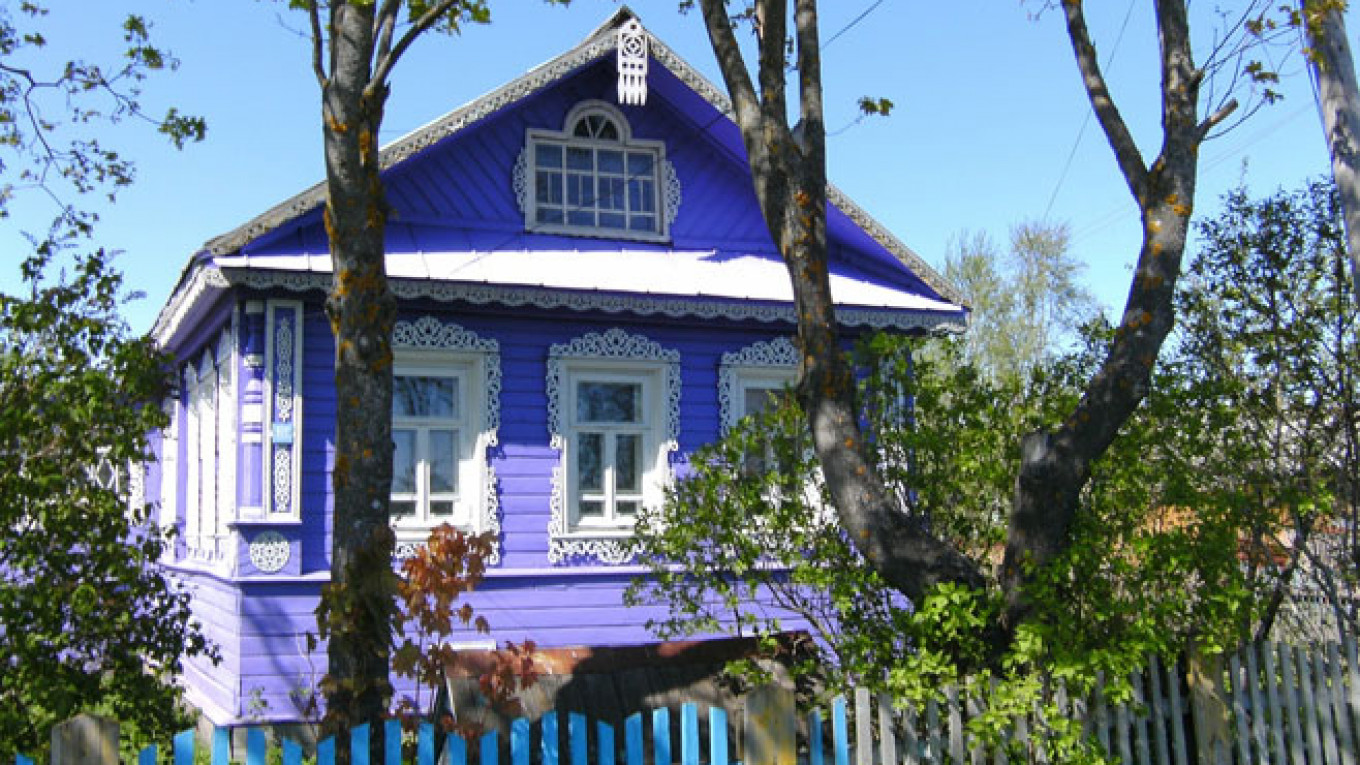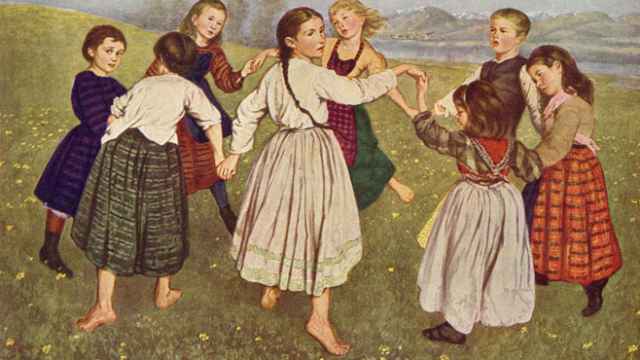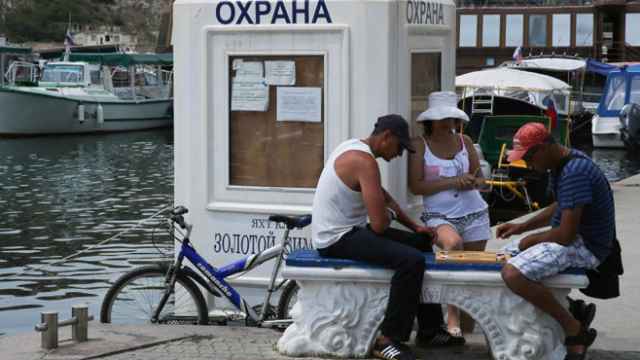Маёвка: May Day, slang
Readers, put your hands on your heart and swear that you really, truly, honestly know the name and origins of the May 1 holiday celebrated all across Russia. No, it is not День Шашлыка! (Shashlyk Day). And it's not the celebration of the ancient Satanist holiday День Люцифера (Lucifer's Day). And it's not even День Огородника (Gardener's Day), even though most of the population seems to spend the day in the garden. Двоечники! (Everyone gets a D!)
In the Soviet era, the holiday was called День международной солидарности трудящихся (Day of International Solidarity of Workers, i.e., International Workers' Day) and was strongly associated with the socialist camp. But the origins of the holiday were American. It was established to commemorate the events on May 4, 1886 in Chicago's Haymarket district when police shot several workers demonstrating for an eight-hour workday. Soon after, commemoration of workers on May 1 was taken up by left-wing political groups around the world.
It was then picked up in more than 100 countries, and is marked today by salaried employees all over the world who are still waiting for an eight-hour workday.
In Russia, the first demonstrations took place in 1891. Since these demonstrations were illegal, they were often held in the woods. They were commonly called маёвки (something like "May Day"). Even then they had that out-of-doors, barbecue vibe that defined them in later years. One former military man wrote in 1911: И вот однажды весной устроили они в полку какую-то маёвку или пикник. (Once in the spring they organized for the regiment some kind of May Day or picnic.) This is because politics always goes down better with grilled meat and cold beer.
Throughout the Soviet era, when the old guard stood waving at the crowds holding paper flowers aloft on Red Square, the holiday was usually called Первомай or Первое мая (May first) — or sometimes первый майский праздник (the first May holiday). The workers themselves used the word маёвка, now redefined: Маёвкой тогда называли выезд за город на природу, но не для политики, как было при царе, а для отдыха. (They called it May Day then — going out of the city into nature, but not for politics the way they did under the tsar, but to relax).
Today in Russia May 1 isn't just a day, it's Праздник Весны и Труда (Holiday of Spring and Labor), a name that is a mashup of old and new, that unites Russia — for a day — with both the European traditions of May Day festivities and the supposedly worker-centered policies of its past.
That said, I have never met a single Soviet or Russian citizen who cared a hoot about the fate of 19th-century American workers or felt much solidarity with his fellow workers around the world.
I think of it as День Перебора (Day of One-Too-Much) — the day where you get too much sun, eat and drink too much, and do too much work cleaning the yard at the dacha. At the end of it, you will have two kinds of burns — солнечный ожог and изжога (sunburn and heartburn), and you will be sore and blistered for the rest of the holiday. As one wit put it: Раньше на 1 мая были демонстрации с плакатами, а теперь — агрофитнесс с лопатами! (In the past on May 1 there were demonstrations with posters, and now there's agro-fitness with shovels!)
Michele A. Berdy, a Moscow-based translator and interpreter, is author of "The Russian Word's Worth" (Glas), a collection of her columns.
A Message from The Moscow Times:
Dear readers,
We are facing unprecedented challenges. Russia's Prosecutor General's Office has designated The Moscow Times as an "undesirable" organization, criminalizing our work and putting our staff at risk of prosecution. This follows our earlier unjust labeling as a "foreign agent."
These actions are direct attempts to silence independent journalism in Russia. The authorities claim our work "discredits the decisions of the Russian leadership." We see things differently: we strive to provide accurate, unbiased reporting on Russia.
We, the journalists of The Moscow Times, refuse to be silenced. But to continue our work, we need your help.
Your support, no matter how small, makes a world of difference. If you can, please support us monthly starting from just $2. It's quick to set up, and every contribution makes a significant impact.
By supporting The Moscow Times, you're defending open, independent journalism in the face of repression. Thank you for standing with us.
Remind me later.








